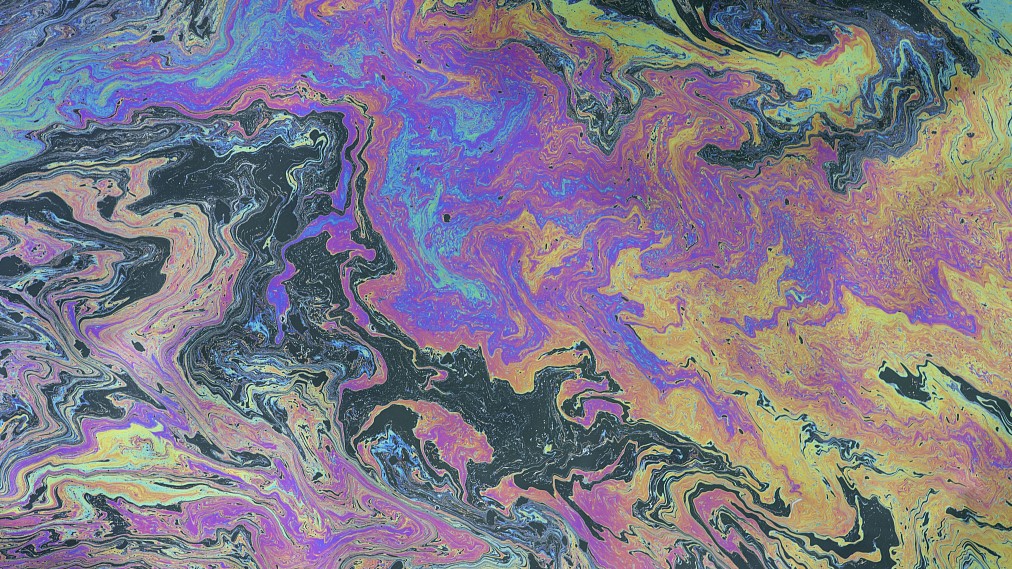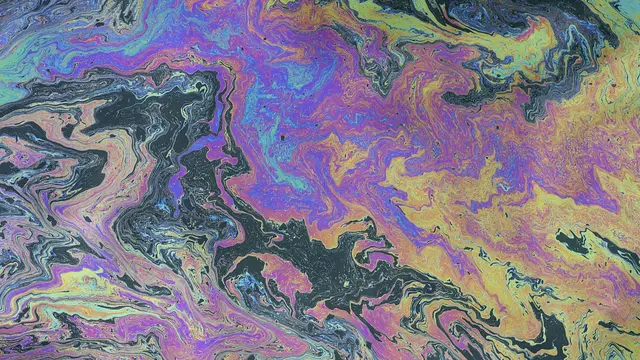03:58

As Mauritian volunteers and experts clean up oily waters in the Indian Ocean from a Japanese bulk carrier leak, an expert has warned that the longer the process takes, the more damage and cost there may be.
On July 25, the ship, the MV Wakashio, owned by Nagashiki Shipping and operated by Mitsui OSK Lines Ltd, struck a coral reef on Mauritius' southeast coast. It began leaking oil last week, raising fears of a major ecological crisis.
The Mauritiusauthorities said it hopes to finish pumping out the remaining oil from the ship soon. Police chief Khemraj Servansing told the media that cracks in the ship "keep increasing," BBC reported.
Professor Lin Boqiang, director at the Center for Energy Economics Research at Xiamen University, said, "While the ship is not an oil tanker, so the numbers seem to be relatively small, it is critical to handle it on time because as time goes by the damage will be greater."
Lin also said it was critical to enlist the help of international experts and countries as Mauritius may not have the capacity to deal with an accident of this nature and magnitude.
"At this point, I think Mauritius is a very small country, with very limited capacity and experience, it needs the international community to help, particularly those countries with experience in this area," he told CGTN.
Pointing to the 2010 Gulf of Mexico disaster involving London-based BP, which killed 11 workers and injured others while 800 million liters of crude oil spilled, Lin said the ecological damage in that incident was enormous.
"If you can do it on time, and clean up to a certain degree, it may be minimized. Otherwise, the damage could be substantial. Take the Gulf of Mexico as an example, after eight years, the fish in the area reduced by 80 percent, and the fish still cannot be consumed," he said.
Asked who would pay for any potential ecological disaster, Lin said that typically the owner of the ship and insurance would need to foot the bill, as was seen in the BP case. In the decade since the disaster, BP reportedly had set aside 69 billion U.S. dollars to help repair tens of thousands of square kilometers in the Gulf region damaged by the spill.
Lin also noted that Mauritius could suffer from other damage, including losing significant income from tourism.
"Tourism is about 80 percent of the GDP, and that depends on the marine environment heavily," he said.
The MV Wakashio was carrying 4,000 tonnes of fuel when it ran aground. Activists have noted that dead sea creatures, including eels, crabs and even seabirds, have started surfacing in the waters since the vessel began leaking.
The ship is expected to eventually break apart and release the rest of its fuel, according to Mauritian Prime Minister Pravind Jugnauth on Monday. The country has so far received help from the United Nations, France and Japan.
(With input from Reuters)
 简体中文
简体中文





